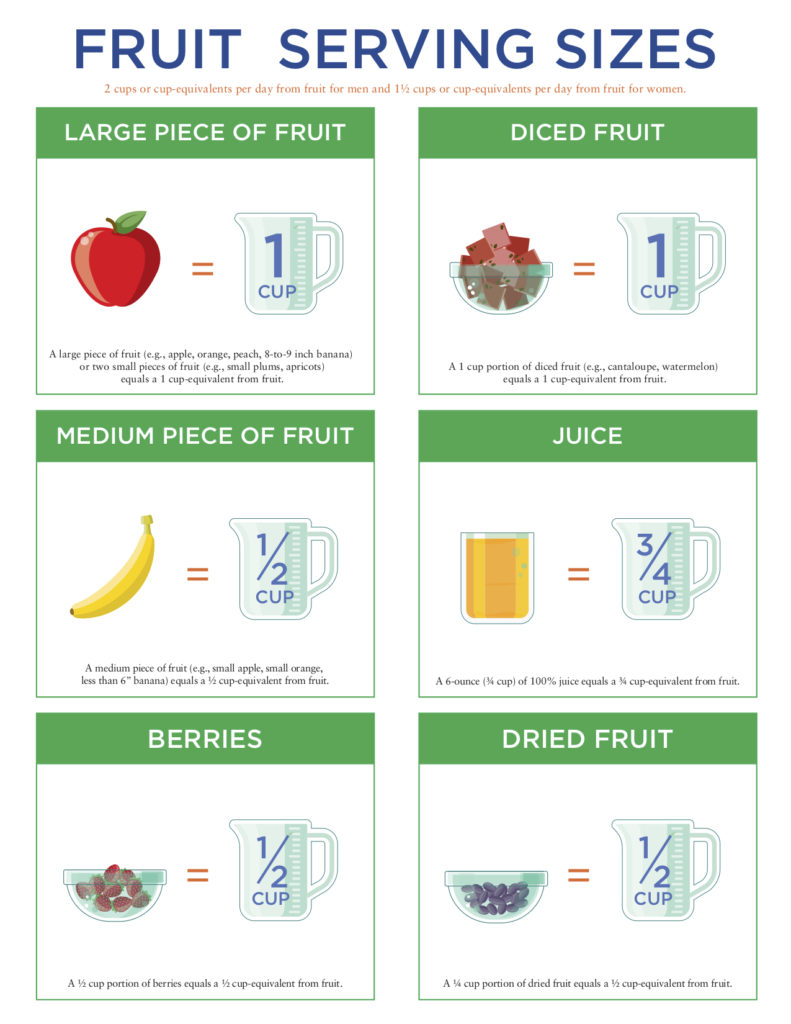Sugar has a bad reputation, but it is not a harmful substance. One component of it, glucose, is a vital energy source for our bodies. When consumed in moderation, sugar does not cause adverse health effects or weight gain.
Excessive sugar consumption is harmful to us because of its metabolic side effects, such as the risk of developing type 2 diabetes. Because it makes just about anything taste better, sugar is added to most foods, especially highly processed products. This can lead to consumers eating a lot more sugar than they realize each day (typically in the form of high fructose corn syrup), which can create the health issues that give sugar a bad name.
Fruits are full of sugar in the form of organic fructose. However, fruits are also rich in vitamins, minerals, fiber, water, and antioxidants. Because of these nutrients, sugar from fruit is digested more slowly and raises blood sugar more gradually. Table sugar (sucrose) and high fructose corn syrup cause a rapid rise and subsequent fall in blood sugar levels, which impacts insulin levels.
The calories per gram of sugar is the same for fructose (fruit sugar), sucrose (table sugar), and high-fructose corn syrup (most commonly added sweetener to processed foods and snacks). The difference between the three is how fructose is delivered into your system once consumed, which makes fructose a more healthy sugar.
Do we still have to be careful about how much fruit we eat? Definitely, appropriate servings per day is necessary to avoid going overboard and turning the benefits of fruit in your diet into a negative. Excessive amounts of fructose can raise the risk of metabolic syndrome and, possibly, fatty liver disease. Like anything, moderation is key.
I’ve included a chart below from the National Academy of Sports Medicine that shows the recommended amount of fruit each day is 2 cups for men and 1 ½ cups for women. The chart is also a helpful guide to portion sizes for various fruits (I was surprised to learn that a banana equals only 1/2 cup serving size). My research shows that anywhere between 2-4 cups per day is healthy depending on your level of exercise and activity. I eat about 4 cups of fruit per day (2 in the morning with a smoothie and 2 in the evening for dessert) due to my level of exercise and larger body type.
Just let me know if you have any questions or would like to include your own insights.

Watermelon Photo by Caju Gomes in Unsplash

